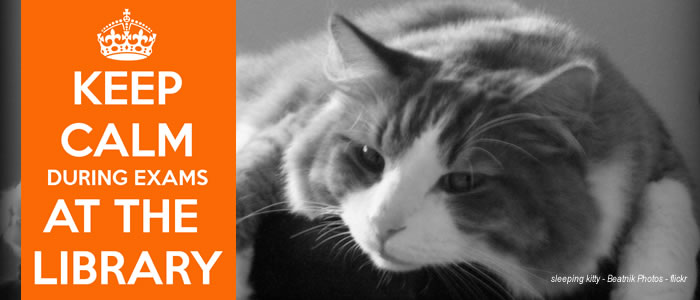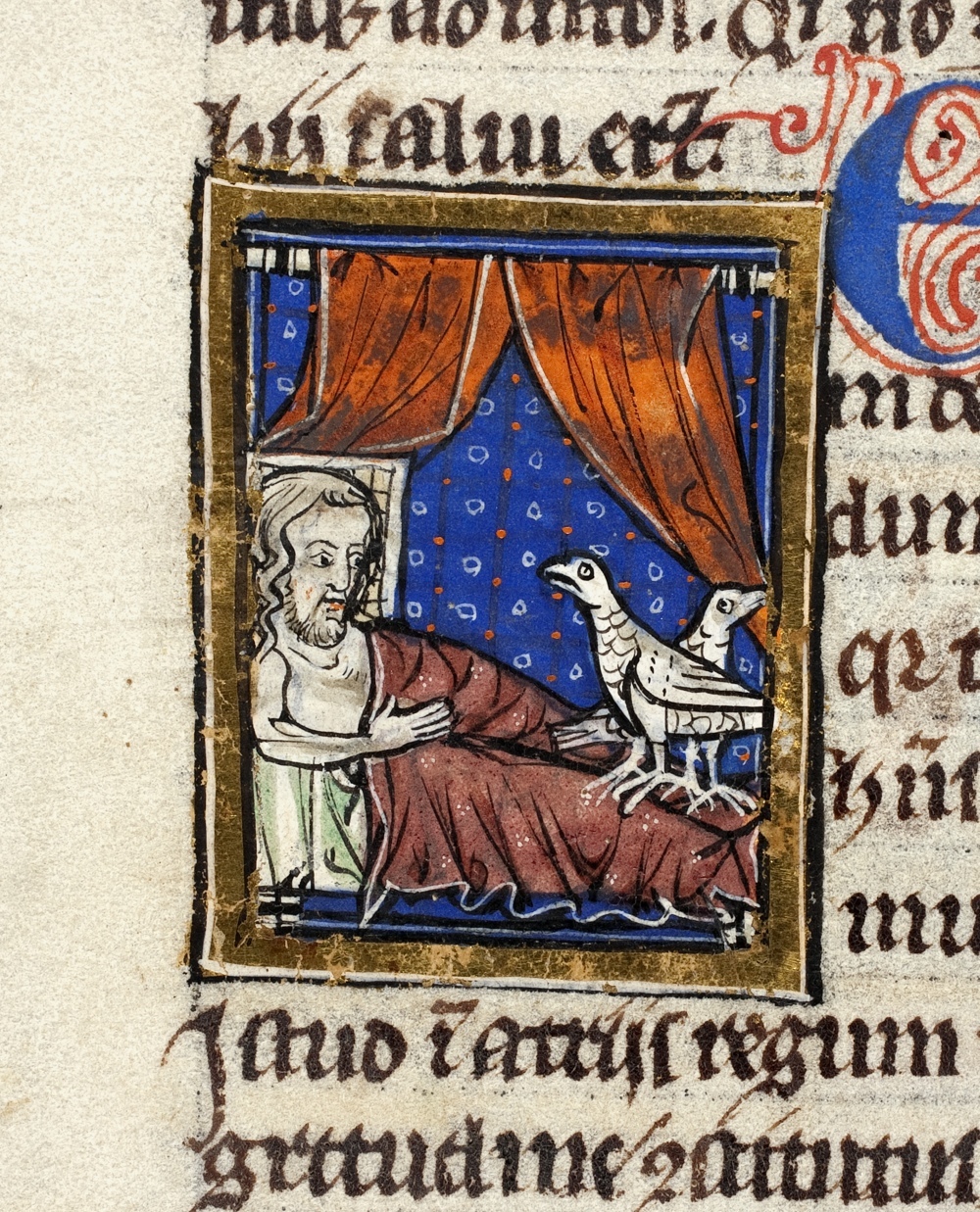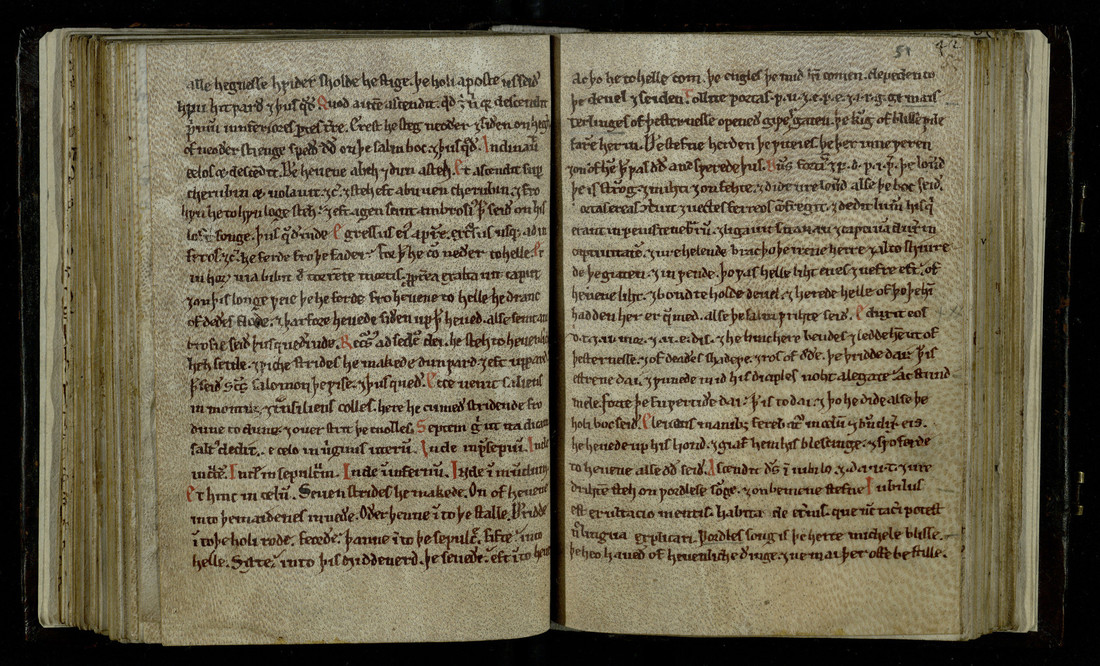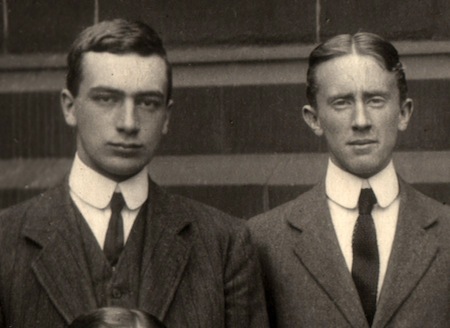I know it's been a while since I've posted, so forgive me for launching into an explanation for that before getting to the main topic of my post. I've been doing a lot of personal (i.e. not necessarily library related) growth and reflection this year, and started another blog about these issues that I have been much better about updating. I suppose I also felt like a bit of a poseur having a library blog as a relatively low-level employee and not having done much Postgrad-Level research. I started this blog with the intention of using it for CPD and networking because as I finished my PGDip in Information and Library Management I very much wanted and, to be perfectly honest, expected to see myself climbing some kind of career ladder with a speed proportional to my enthusiasm. That did not happen and my reaction to that fact has played a large part in the aforementioned personal reflection. I am trying to let go of attachment to "success" and "accomplishment" as they are often measured in our society and trying to do what is in front of me from moment to moment to the best of my ability.
Today I wanted to write, though, about a topic I've been carrying in the back of my mind for a while. It came up in conversation with a colleague from another library yesterday, so I thought I would get some thoughts out about envisioning a role for college libraries.
There are many libraries in Cambridge, the roles of which vary immensely. Broadly speaking, the University Library is a research library with a vast collection of resources at its disposal and is in many ways the nerve centre of all of the libraries, maintaining a broad view of the extensive academic community in Cambridge and related networks beyond. Their role is breadth. The departmental and faculty libraries specialise in particular subjects and the librarians there will be knowledgable about the research environments relevant to their users. Their role is to provide depth.
College libraries are a strange mixture, positioned not exactly between the other two. Because colleges are made up of students and researchers from various departments, college libraries need to provide a breadth of material, but to a sufficient depth to be useful to first years through research fellows. As such, it is difficult to characterise college libraries, especially given the vastly different sizes, resources and cultures of each college. A colleague told me that some view college libraries as not much more than "an extra reading room", i.e. a physical space to sit and work. Given the passion of the college librarians I know and the centrality of the college to the lives of its members, it would be a shame to have such a limited impact on our users.
As such, I have thought for a long time that it would be wonderful for college libraries to occupy a pastoral role in our users' lives, and to develop strategic visions that have that as a central aim. "Pastoral" is most often associated with religious or inter-faith chaplaincy, but I don't think the phrase is inappropriate to college libraries. It evokes the kind of caring environment that takes into consideration a whole person - intellect, body, emotions, consciousness, relationships - in a supportive and non-judgmental way. It is not a didactic, hierarchical teacher/student relationship, nor is it simply service-based, never delving beyond filling book requests and making sure the printer has paper in it.
So what would pastoral care look like in college libraries? That could be the subject of months of brainstorming involving people much smarter and more creative than I am. However, I thought I'd get some ideas out there just as a starting point.
College libraries are located physically "close to home" for students. We're their "home" libraries. In many cases we're probably the first HE library they'll use. While departmental and faculty libraries can offer very targeted, subject specific information literacy interventions, why couldn't we introduce more universal ideas, like critical analysis, time management and understanding their place in the academic landscape? If this is integrated skilfully with tutorial work early in the first year, it could ease the transition into HE and set up early on the idea that the college library is there to support the skills and development of its students.
 |
| Garden International School's commitment to student welfare. Source: https://www.gardenschool.edu.my/student-environment/student-welfare-support/ |
Could we also be doing more for general health and wellbeing? It's not uncommon for libraries to offer information literacy instruction these days, but could we offer courses on things like sleep hygiene and stress management? Maybe we could work with Student Welfare departments in the colleges to have borrowable "de-stress kits", quiet chill out spaces and snacks available during exam term. All of these would not just be useful for students but would change our reputation from rule enforcers and book stampers to active supporters of their educational and personal development.
 |
| From "De-Stress Fest 2014" at Langara Library. Source: http://www.langara.bc.ca/library/news/articles/11212014-destress-fest.html |
I don't see why not.









.jpg)
